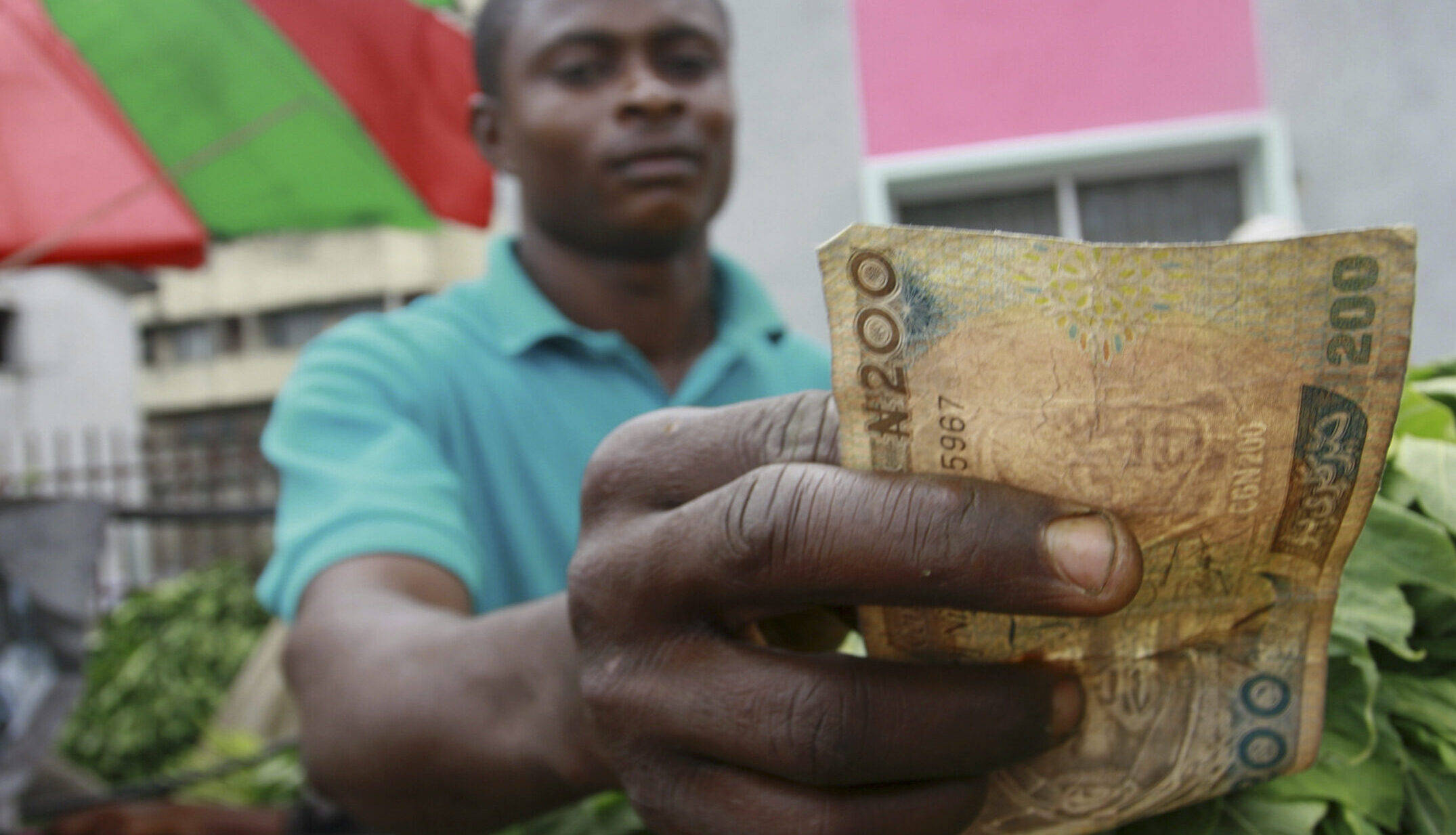[ad_1]
The naira was trading for N695 to the dollar on Wednesday 24 August on the parallel market.
The naira, which fell to an all-time low of N710 to the greenback in July, appreciated to about N640/$1 in early August. This coincided with a visit by EFCC operatives to major bureau de change hubs in Lagos, Abuja and Kano.
Last week, EFCC Chairman Abdulrasheed Bawa boasted that he had been able to ensure that the naira remained relatively stable.
“From well over N710 to the dollar, following the commission’s intervention, the naira has appreciated significantly against the dollar in the parallel market… and we are not relenting in our efforts to check harmful speculative activities in the sector,” he said.
Market forces
In an interview with The Africa Report, a top member of the Association of Bureaux De Change Operators of Nigeria (ABCON), who wishes to remain anonymous in order not to anger the EFCC, says ABCON was surprised that the EFCC could attempt to force its members to trade FX at a particular rate.
He says the rate is determined by market forces and because there is a scarcity of FX, it is only normal for the naira to fall.
“We do not print dollars in Nigeria. Everyone knows that there is scarcity of dollars at the moment so the demand will push up the rate. I really don’t know why the EFCC believes we are the ones that determine the exchange rate,” he stated.
He adds that the dollar would continue to rise since there is a fresh demand for FX by summer travellers, including students and tourists
The EFCC did not immediately respond to an inquiry on the falling naira.
Fuel subsidy impact
Nigeria relies on oil receipts for 80% of its FX, but the country has lost over $6bn this year in projected revenue due to an increase in oil theft as well as the payment of petrol subsidy, which now amounts to an average of N18.39bn ($43.8m) daily.
The exchange rate on the official market has, however, remained stable at an average of N420/$1. Even so, most businesses and individuals lack access to the official rate. The Central Bank of Nigeria also does not have enough foreign exchange. This has affected many businesses, including the aviation sector where foreign airlines have been unable to repatriate almost $500m.
This is a travelling period when people search for dollars.
Manufacturers have also had to source for FX from the parallel market, which is contributing to inflation.
Anthony Kila, a professor of Strategy and Development at the Centre Director at Centre for International Advanced and Professional Studies, tells The Africa Report that the EFCC’s approach was not practical, hence the recent fall of the naira.
“It is a weird approach. I don’t see how it is their duty to stabilise the naira. You cannot legislate on economics,” he says.
“This is a travelling period when people search for dollars. Nigeria’s situation is complicated by the fact that the economy is not doing well. For the first time in history, there is mass speculation against the naira. Individuals are now saving in dollars. Individuals are keeping their earnings in dollars because they don’t trust the naira,” Kila says.
He also argues that the Fintech boom has contributed to the rise in the demand for FX.
[ad_2]
Source link
